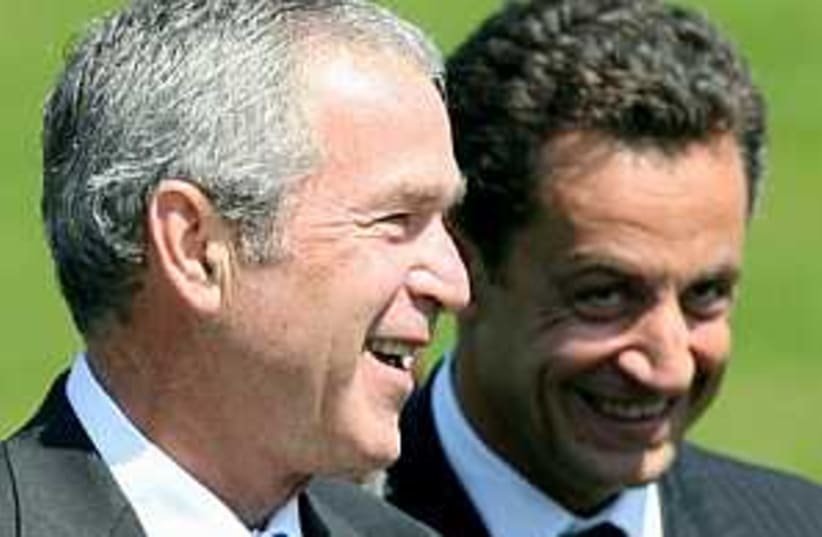| THE IRANIAN THREAT | |
| JPost.com special: news, opinion, blogs and more |
UNSC fails to condemn Ahmadinejad
Indonesia, Qatar stalling decision; G8 warns Iran: Stop enriching uranium.


| THE IRANIAN THREAT | |
| JPost.com special: news, opinion, blogs and more |